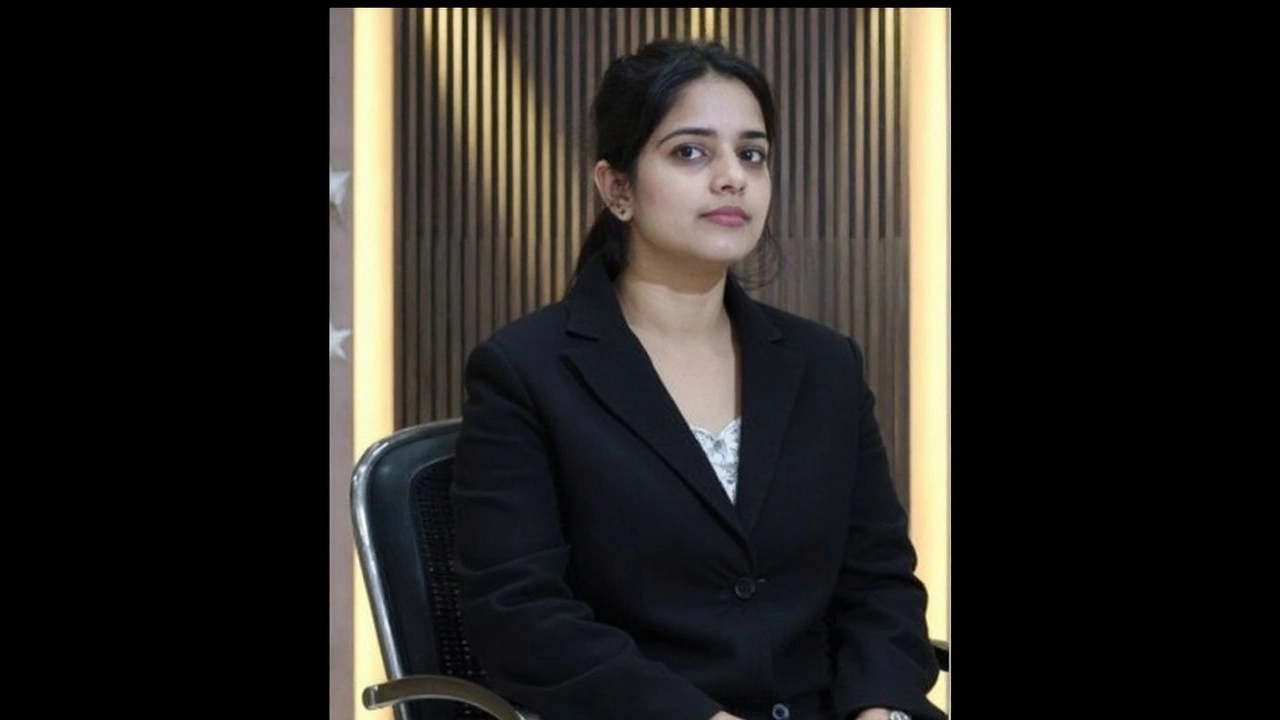UPSC CSE 2024 – What You Need to Know Right Now
Thinking about cracking the UPSC Civil Services Examination next year? You’re not alone. Every year thousands of aspirants line up, but only a handful make it to the IAS, IPS, IFS and other services. The good news is that 2024 brings a few changes you can turn into an advantage if you plan right.
Key Dates & Pattern for UPSC CSE 2024
The Union Public Service Commission released the 2024 calendar in April. The preliminary exam is slated for the first week of August, followed by the mains in January and the interview in May. Keeping these dates in mind helps you break down the huge syllabus into bite‑size chunks.
Structure-wise, the pattern stays the same: two objective papers (General Studies I & II) for prelims, each 200 marks, and nine written papers for mains (including the optional subject). What’s new is a slight tweak in the optional paper scoring – the UPSC now caps the total marks for any optional at 500 instead of 600, which can affect how you pick a subject.
Another tweak: the General Studies papers now have a higher weight on current affairs, especially on climate change, digital governance, and India’s geopolitical moves. So you’ll need to follow daily news more closely than before.
Effective Study Plan & Resources
Start with a realistic timeline. If you’re beginning in March, allocate three months for prelims basics, two months for intensive answer writing, and a final month for mock tests. If you’re a repeat attempt, cut the basics phase to one month and dive straight into answer writing.
Choose one optional subject early. Popular choices like Anthropology, Geography, and Public Administration have plenty of coaching material, but niche subjects like Sociology or Philosophy can be scoring if you’re comfortable with them. Stick to a single NCERT textbook per subject for the first pass – it builds a strong foundation without overwhelming you.
Use free resources wisely. The UPSC’s own website offers past year papers, answer keys, and the latest syllabus. For current affairs, follow a daily newspaper (The Hindu or Indian Express), a weekly magazine (Yojana/Yojana), and a concise monthly compendium (Vision IAS or Insights). Combine these with a reliable YouTube channel for quick revisions – just avoid the temptation to binge‑watch every video.
Practice writing is non‑negotiable. Aim for at least one full mains answer every day after the prelims phase. Time yourself, stick to the 250‑word limit, and then compare your answer with a model response. Join a study group or an online forum where peers critique each other's answers – that feedback loop speeds up improvement.
Finally, keep your health in check. The UPSC journey is a marathon, not a sprint. Short breaks, regular exercise, and a balanced diet help maintain focus. Remember, burnout kills more aspirants than a tough paper.
Bottom line: 2024 doesn’t radically change the UPSC roadmap, but the emphasis on current affairs and optional scoring tweaks mean you must stay updated and disciplined. Map out the dates, lock your optional, stick to a daily study habit, and keep refining your answers. With a clear plan, the odds swing in your favor.
